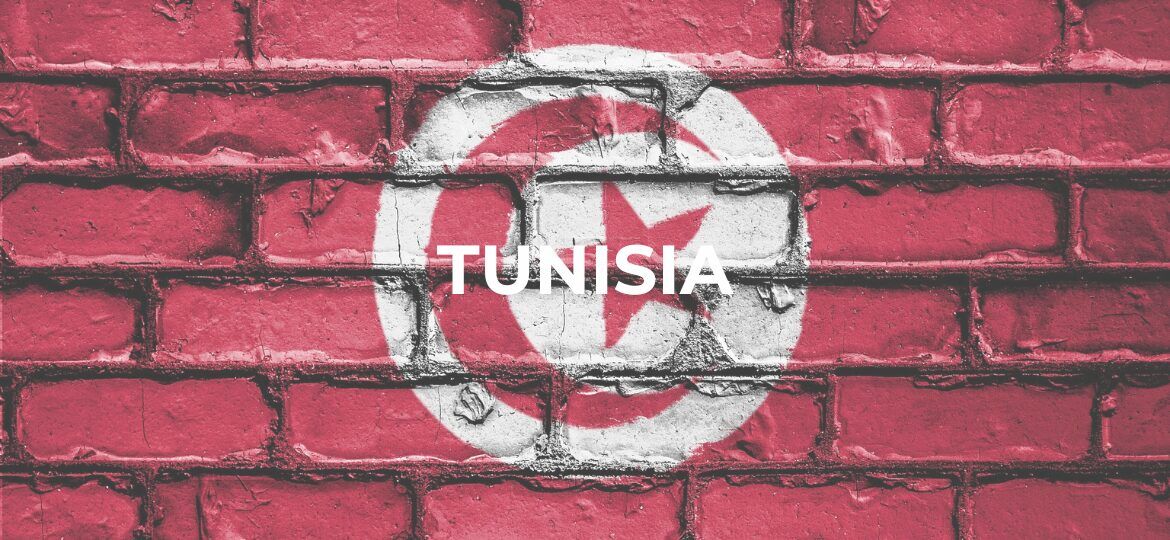
Tunisia’s democratic institutions continue to deteriorate as the government steps up its campaign against dissenting voices. Two emblematic and troubling cases—the judicial harassment of lawyer and political commentator Sonia Dahmani, and the arbitrary arrest and torture of activist Mohamed Ali Rtimi—highlight the increasing use of authoritarian tactics to silence civil society and human rights defenders.
On May 23, 2025, human rights activist Mohamed Ali Rtimi, a member of the Association tunisienne pour la justice et l’égalité (DAMJ), an association promoting justice, equality and inclusion for the LGBTQIA+ community in Tunisia, was violently arrested during a peaceful protest in Tunis. Eyewitnesses and legal sources report that he was taken without a warrant, physically assaulted, and subjected to threats while in custody. On his arrival at the station at 8pm, Mohamed Ali Rtimi refused to submit to questioning in the absence of his lawyer, following this request, Mr Rtimi was again the victim of physical and verbal assaults by the police officers present.
Several irregularities were pointed out by Mr Rtimi’s lawyer in the file presented to the Prosecutor at the hearing. According to police statements in the investigation report, two Molotov cocktails and stones were found near the site where Mohamed Ali Rtimi and two others were arrested. He remains in pre-trial detention.
On 10 April 2025, the Indictments Division of the Tunis Court of Appeal referred lawyer Sonia Dahmani to the Criminal Division of the Tunis Court of First Instance. The referral stems from a case initiated in November 2023. Dahmani is accused of having knowingly used information and communication systems to spread false information harmful to public safety, defame individuals, and incite action against a public official. On May 11, 2024, Sonia Dahmani was arrested inside the Tunis Bar Association headquarters, where she had sought refuge. Her detention followed public comments in which she questioned the government’s narrative on migration and governance. She was charged under Decree-Law 2022-54, a legal instrument broadly condemned for its role in suppressing freedom of expression. During her detention, Dahmani was reportedly subjected to degrading treatment, including invasive body searches and prolonged denial of access to family and legal counsel.
The latest decision was handed down by the Tunis Court of Appeal on 24 January 2025, which sentenced her to 18 months’ imprisonment for denouncing the racism suffered by sub-Saharan migrants in Tunisia on IFM radio. Her case has drawn strong condemnation from local and international human rights organizations, which denounce the use of legal harassment to intimidate professionals who speak critically of the government.
Since President Saied’s power grab in July 2021, Tunisia has seen a rapid decline in democratic norms and civic freedoms. Decree-Law 2022-54, presented as a tool to combat online disinformation, has become a central mechanism for prosecuting lawyers, journalists, and activists based on politically motivated allegations.
The Tunisian Bar Association, civil society organizations, and international bodies have condemned these developments, calling for the immediate release of Dahmani and Rtimi and a thorough investigation into reports of torture and due process violations.
These cases are not isolated. They represent a broader and escalating trend of repression.
Tunisia ranks 129 out to 180 in RSF 2025 World Press Freedom Index.


